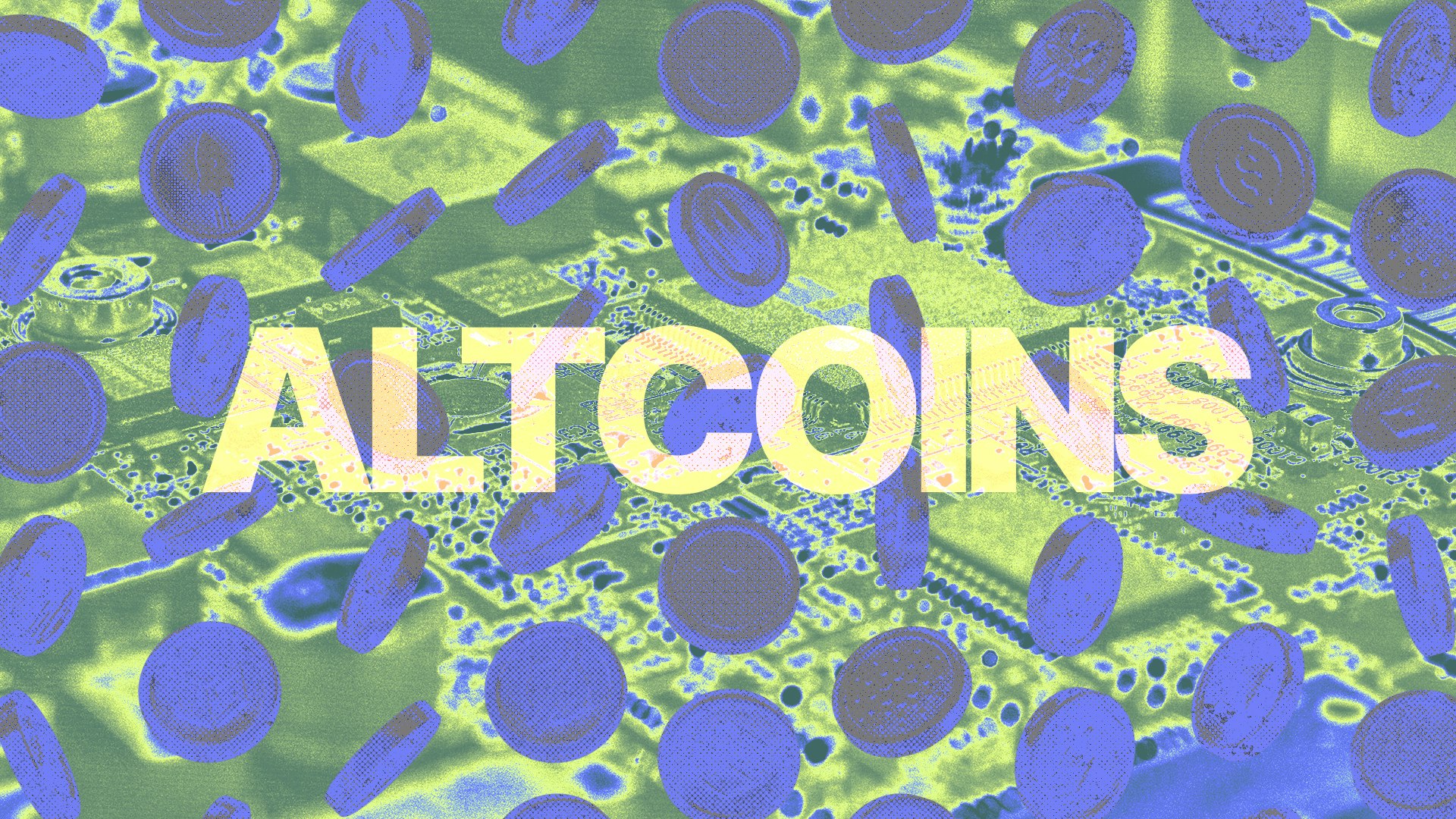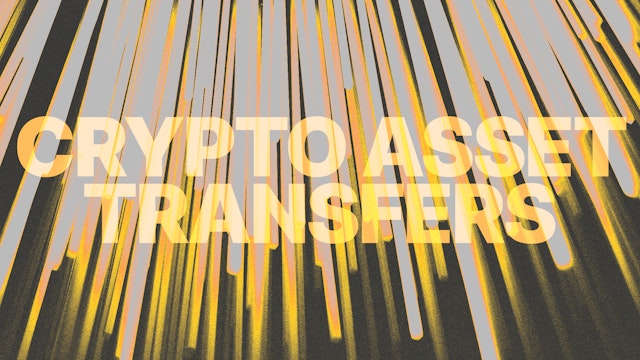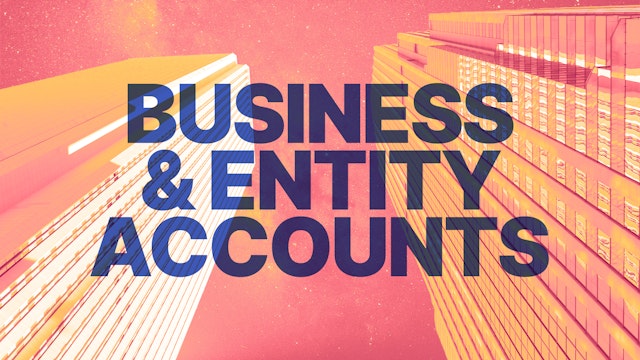What is an Altcoin? Exploring the Crypto World Beyond Bitcoin
From Ethereum to Dogecoin, this guide looks at alternative cryptocurrencies and how they differ from Bitcoin.
In this article...
- An altcoin is a collective term for any cryptocurrency other than Bitcoin.
- These assets range from entire blockchain networks like Ethereum to tokens used for digital governance.
- Altcoins are typically more volatile than Bitcoin and are used for a wider variety of technical purposes, which can add complexity and risk.

"Altcoin" is short for "alternative coin". It describes any cryptocurrency that is not Bitcoin. Some definitions say that anything other than both Bitcoin and Ethereum are altcoins, but largely, it means anything other than Bitcoin.
When Bitcoin launched in 2009, it was the only widely known cryptocurrency. Developers soon saw that the underlying blockchain technology could be adjusted to pursue different aims. Some focused on faster transactions, others on lower energy use, privacy features, or more flexible programming.
Today, there are thousands of altcoins. They range from large networks with significant market capitalisation, such as Ethereum and Solana, to small experimental projects with very limited use. While many people view Bitcoin as a store of value, altcoins are often positioned as the part of crypto where most new features and applications are tested.
Innovation can bring opportunity, but it also adds uncertainty. Many new ideas never gain real adoption, and a large number of altcoins fail or lose most of their value.
How altcoins work: coins vs tokens
Altcoins are often grouped into two broad technical types: Layer 1 coins and tokens. Understanding the difference can help you see what you are actually buying.
Layer 1 coins
Layer 1 coins run on their own independent blockchains. Examples include Ethereum (ETH), Solana (SOL) and Cardano (ADA).
These coins are the native currency of their networks. Users pay transaction fees in them, and in some systems they are used to help secure the network, for example through staking. You can think of these blockchains a bit like operating systems such as Windows or macOS. They provide the base layer that other applications need.
Running a separate blockchain brings flexibility, but also more responsibility and risk. Each network must maintain its own security, developer community and user base. If any of these weaken, confidence and price can fall quickly.
Tokens
Tokens do not have their own blockchain. They are created on top of an existing network, most commonly Ethereum, and use that network’s security and processing power.
Examples include Uniswap (UNI) and Shiba Inu (SHIB). If Layer 1 coins are the operating systems, tokens are the programs or files that sit on them.
Tokens are usually easier and cheaper to create than new blockchains. This lower barrier can encourage experimentation, but it also makes it easier for poor quality or fraudulent projects to launch. Many tokens have very thin trading volumes and prices that can move sharply in a short period of time.
Real‑life examples and categories
Altcoins are often described as "currencies", but many have additional roles within their own systems. Below are some common categories you might see. A single project can sit in more than one category.
Holding or using any of these carries significant risk. Past performance is not a reliable guide to future returns.
Smart contract platforms
Smart contract platforms are some of the largest altcoins by market value. Networks like Ethereum and Solana allow developers to build decentralised applications (dApps) that can run automatically according to pre‑set rules.
These platforms are used for activities such as decentralised finance (DeFi), gaming, and digital art markets (NFTs). This broad use can create demand for the native coin, but it also makes the systems more complex and more exposed to technical bugs, smart contract failures and security exploits.
Stablecoins
Stablecoins such as USD Coin (USDC) are designed to track the value of a traditional currency, most often the US dollar. In practice, 1 USDC is usually intended to be worth about 1 USD, and trading pairs often quote values that can be converted into pound sterling.
Traders use stablecoins to move between different crypto assets without cashing out into fiat money such as GBP. Although they aim to reduce price volatility, they are not risk free. Stablecoins rely on the issuer’s reserves, governance and risk controls. Pegs can break, reserves can be questioned and, in extreme scenarios, a stablecoin can lose most or all of its value.
Governance tokens
Governance tokens give holders the right to vote on certain decisions related to a protocol. For example, holders of Uniswap (UNI) can vote on changes to aspects of the Uniswap protocol, such as fee models or update proposals.
In theory, this gives the community a say in how a project develops. In practice, voter participation can be low, and large holders can have disproportionate influence. Owning a governance token does not usually give you legal ownership of a company or its assets, and it does not guarantee you any returns.
Memecoins
Memecoins, including Dogecoin (DOGE) and Pepe (PEPE), are often inspired by internet jokes or social media trends. They may have little or no underlying technical innovation compared with other coins.
Prices in this category can rise quickly during periods of hype and can fall just as quickly when interest fades. Memecoins are particularly speculative, are often driven by sentiment rather than fundamentals, and can be extremely hard to value. You should only consider them if you fully understand the risks and can afford to lose your entire stake.
Emerging trends: RWAs and DePIN
Altcoin sectors change frequently. As of early 2026, two ideas that attract attention are Real World Assets (RWAs) and DePIN (Decentralised Physical Infrastructure Networks).
RWA projects use tokens to represent claims on off‑chain assets, such as property or government bonds. In theory, this could make it easier to trade or transfer exposure to these assets. In practice, it often depends on complex legal structures, custodians and issuers. Token holders may not have the same rights as direct owners, so legal and counterparty risk can be significant.
DePIN projects reward people for providing physical resources like Wi‑Fi hotspots, computing power or data storage. Users might earn tokens for contributing hardware to the network. The model can create new incentives, but token prices and rewards can change rapidly, and hardware costs may not be recovered if the project fails.
These areas are early stage and highly experimental. Many projects will not succeed or may change direction, which can cause large losses for investors.
Understanding "alt season"
You may see traders talk about "alt season". This is an informal term for a period when altcoins, as a group, rise faster in price than Bitcoin and often see increased trading volumes.
Market participants sometimes describe a pattern of "capital rotation". They might start with Bitcoin, which some view as less speculative compared with smaller coins. If Bitcoin rises and then stabilises, some traders move profits into larger altcoins such as Ethereum, then into smaller and riskier tokens in search of higher returns.
During these periods, altcoin prices can move sharply upwards, but this is usually accompanied by very high volatility and the risk of sudden reversals. Liquidity can disappear quickly once sentiment turns, and prices may fall much faster than they rose. There is no guarantee that an alt season will occur again, or that any particular coin will participate if it does.
Timing market cycles is extremely difficult. You should not rely on the idea of alt season as an investment strategy.
Risks and red flags
Altcoins are generally higher risk than Bitcoin and are not appropriate for everyone. Prices can be very unstable, and markets can be thin or easily influenced. Before you buy any altcoin, it is important to understand the key risks.
-
High volatility
Double‑digit percentage moves in a single day are common for many altcoins. This can work in your favour, but it can just as easily lead to large and rapid losses. You may not be able to exit a position at the price you expect. -
The "zombie" risk
Many projects fail due to technical issues, loss of funding, weak community support or simple lack of interest. Some of these blockchains or tokens may continue to exist on paper but have little to no real activity. In these cases, liquidity can dry up and your holdings may become very hard, or impossible, to sell at a reasonable price. -
Scams and rug pulls
It is technically easy and inexpensive to launch a new token. This has attracted bad actors who create tokens, promote them heavily and then remove liquidity or disappear with user funds. This practice is often called a "rug pull". Even projects that look active on social media can be fraudulent or run in a way that mainly benefits insiders. -
Lack of regulation and consumer protections
The altcoin market is still largely experimental. Many projects are not covered by traditional financial safeguards, and there may be limited oversight of how funds are used. If a project fails, is hacked or acts dishonestly, there is usually no compensation scheme and no guarantee you will get any money back. -
Technology and security risk
Smart contract bugs, network outages, attacks or poor integration with other services can all lead to losses. Even if the core technology is sound, your funds can still be at risk if you use insecure wallets, exchanges or third‑party services.
Only invest money you can afford to lose in full. Cryptoassets are not backed by any government, and you may not have access to the Financial Services Compensation Scheme (FSCS) or the Financial Ombudsman Service (FOS) in relation to crypto activities.
Why altcoins matter
Despite the risks, altcoins play an important role in the broader crypto market. Bitcoin focuses on being a relatively simple, secure and predictable system. Many altcoins, on the other hand, are designed to test new ideas such as decentralised finance, new forms of digital ownership, or linking blockchain technology with areas like science and artificial intelligence.
This experimentation can help drive new use cases, but it also means failure is common and outcomes are uncertain. For every successful project, many others will never reach long‑term adoption.
Understanding the difference between Bitcoin’s more limited, stability‑focused design and the faster‑moving, experimental nature of altcoins can help you decide what, if anything, fits your own risk tolerance. Holding altcoins is a high‑risk activity, and their value can fall to zero.
Before you buy any cryptoasset, take time to research the project, read independent sources and consider speaking to a regulated financial adviser. Make sure you understand how the asset works, why it might have value, and what could cause you to lose your money.

Suggested Articles

Crypto Asset Transfers: Send and Receive with Confidence
Knowing how to transfer crypto around networks is an important skill. Here's what you need to know.Read more
How to Set Up a CoinJar Account for Your Company in the United Kingdom
You can set up a CoinJar account for your company or business entity. Here are the steps you can follow to achieve this.Read more
CoinJar Learn - UK Investor Education
At CoinJar, we want to educate our customers of the risks of cryptoassets. Here’s some things that are important to know.Read moreBrowse by topic
Standard Risk Warning: The above article is not to be read as investment, legal or tax advice and it takes no account of particular personal or market circumstances; all readers should seek independent investment advice before investing in cryptocurrencies.
The article is provided for general information and educational purposes only, no responsibility or liability is accepted for any errors of fact or omission expressed therein. Past performance is not a reliable indicator of future results. We use third party banking, safekeeping and payment providers, and the failure of any of these providers could also lead to a loss of your assets.
We recommend you obtain financial advice before making a decision to use your credit card to purchase cryptoassets or to invest in cryptoassets.
Capital Gains Tax may be payable on profits.
CoinJar's digital currency exchange services are operated in the UK by CoinJar UK Limited (company number 8905988), registered by the Financial Conduct Authority as a Cryptoasset Exchange Provider and Custodian Wallet Provider in the United Kingdom under the Money Laundering, Terrorist Financing and Transfer of Funds (Information on the Payer) Regulations 2017, as amended (Firm Reference No. 928767).
In the UK, it's legal to buy, hold, and trade crypto, however cryptocurrency is not regulated in the UK. It's vital to understand that once your money is in the crypto ecosystem, there are no rules to protect it, unlike with regular investments.
You should not expect to be protected if something goes wrong. So, if you make any crypto-related investments, you're unlikely to have recourse to the Financial Services Compensation Scheme (FSCS) or the Financial Ombudsman Service (FOS) if something goes wrong.
The performance of most cryptocurrency can be highly volatile, with their value dropping as quickly as it can rise. Past performance is not an indication of future results.
Remember: Don't invest unless you're prepared to lose all the money you invest. This is a high-risk investment and you should not expect to be protected if something goes wrong. Take 2 mins to learn more.
UK residents are required to complete an assessment to show they understand the risks associated with what crypto/investment they are about to buy, in accordance with local legislation. Additionally, they must wait for a 24-hour "cooling off" period, before their account is active, due to local regulations. If you use a credit card to buy cryptocurrency, you would be putting borrowed money at a risk of loss.
We recommend you obtain financial advice before making a decision to use your credit card to purchase cryptoassets or to invest in cryptoassets.
Your information is handled in accordance with CoinJar’s Privacy Policy.
Cryptoassets traded on CoinJar UK Limited are largely unregulated in the UK, and you are unable to access the Financial Service Compensation Scheme or the Financial Ombudsman Service.
We use third party banking, safekeeping and payment providers, and the failure of any of these providers could also lead to a loss of your assets.
We recommend you obtain financial advice before making a decision to use your credit card to purchase cryptoassets or to invest in cryptoassets. Capital Gains Tax may be payable on profits.
CoinJar’s digital currency exchange services are operated in the UK by CoinJar UK Limited (company number 8905988), registered by the Financial Conduct Authority as a Cryptoasset Exchange Provider and Custodian Wallet Provider in the United Kingdom under the Money Laundering, Terrorist Financing and Transfer of Funds (Information on the Payer) Regulations 2017, as amended (Firm Reference No. 928767).
Apple Pay and Apple Watch are trademarks of Apple Inc. Google Pay is a trademark of Google LLC.
This site is protected by reCAPTCHA and the Google Privacy Policy and Terms of Service apply.

